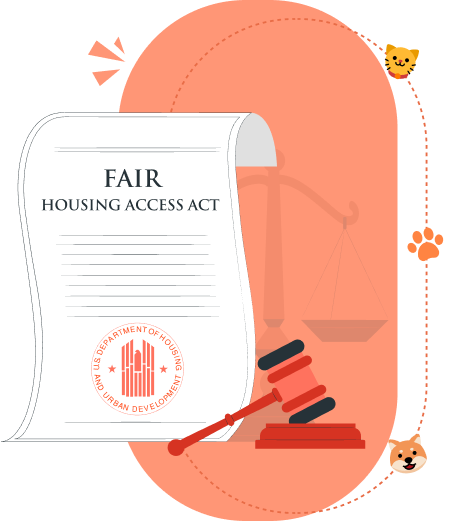-
Pricing
-
PSD Letter
-
Reviews
-
ESA By States
-
ESA Laws
-
Resources


